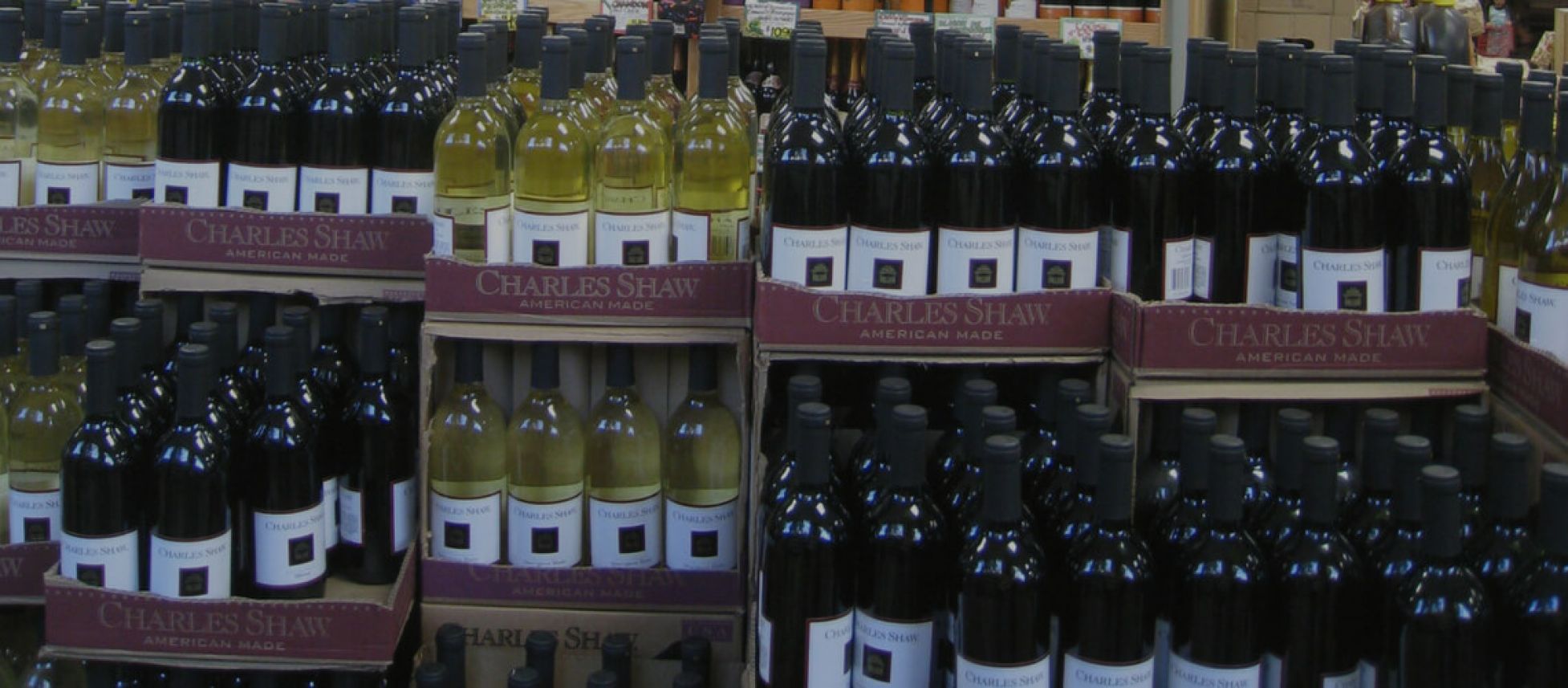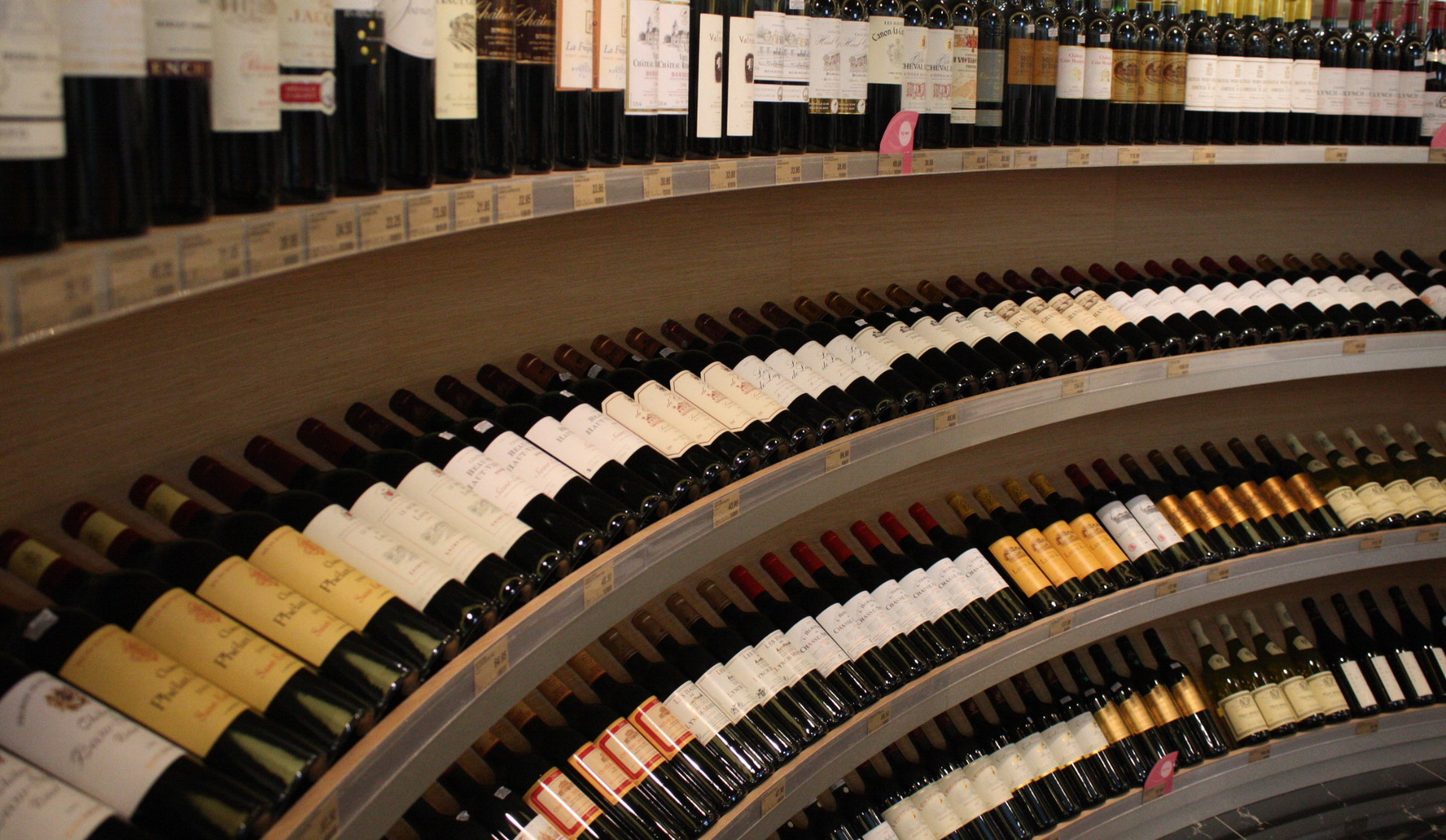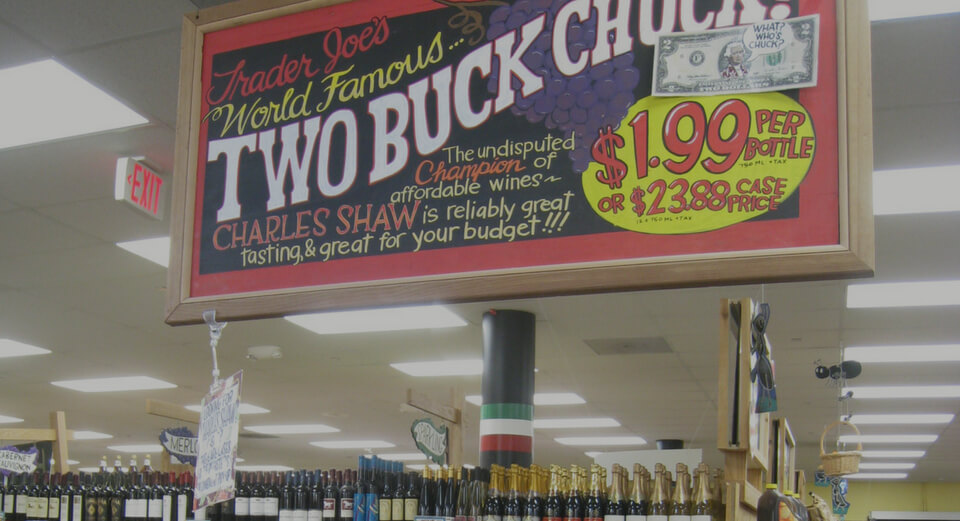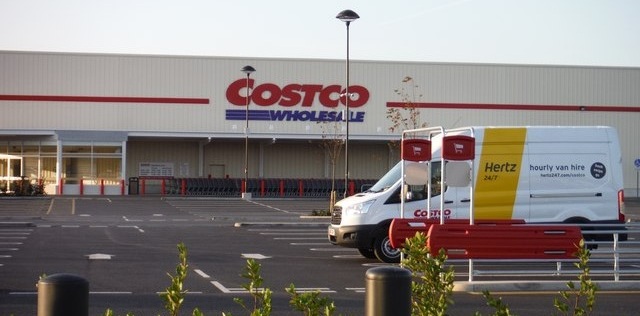Blog
Insights
Premium Private Label Wines Driving Growth

If your idea of a private label wine is “Two-Buck Chuck” from the supermarket chain Trader Joe’s, think again.
The first private label wines started by national and regional chains tended to be lower-priced wines, the current trend is the premiumization of the entire U.S. wine industry, and that extends to the world of private label wines as well.
The easiest place to see this premiumization trend in action, of course, is in the number of private label wines that are now winning prestigious awards for their quality. The German retail chain Lidl, for example, recently won 100 medals at the International Wine Competition in Los Angeles. German discount retailer Aldi has also been working hard to showcase the quality of its wines. Suddenly, the $10 bottle of wine found at your local supermarket comes with the same sort of accolades and attention as a $20 or $30 bottle of wine at a high-end wine shop.
So what’s driving this dynamic? Many wine industry experts point to the expanding purchasing power of young Millennial wine drinkers, who are both more experimental than their older Baby Boomer peers as well as more open to spending money on innovative wine blends from around the world. According to Wine Spectator, millennials now account for 42% of all wine purchased.

So, while older Baby Boomers may still have a fondness for single varietal blends from specific wine regions of the world, Millennials are much more open to the idea of distinctive wine blends coming from unique locations. And, most importantly, they are open to the idea of paying a premium price if the wine is accompanied by a story and brand narrative that they support.
And, of course, wine retailers and on-premise establishments would not be so firmly behind the trend of premium private label wine brands if it wasn’t helping to boost their bottom line, right? On average, retailers can expect 30-35% margins on branded wines, but a staggering 50-55% margin on private label wines. And if the private label also happens to be a premium label, that margin could be even higher.
Not surprisingly, retailers have found a number of clever ways to encourage the premium wine trend. They have noticed, for example, those young millennials are big fans of subscription-based meal kits, so they are now advertising their own meal kits, paired with their own private label wines. Thus, an overworked millennial looking to splurge on a healthy and tasty meal mid-week while not breaking the bank on a bottle of wine now has a very affordable option.
To see the premiumization theme in full force, it’s worth considering how the trend has already completely transformed the UK retail wine sector. While private label wines account for just 17% of all wine sales in the U.S, the figure is much closer to 35% in the UK. And, in the UK, the big leaders of the private label trend are the supermarkets. According to retailers like Marks & Spencer, British consumers are rapidly trading up from cheaper branded lines and regular private label tiers to more expensive, premium private labels. In fact, the change in mindset has been so complete that many British consumers are no longer making the choice between a premium private label wine and a cheaper branded wine, they are making the choice between a premium private label wine and sparkling wine or premium gin.
To help promote this trend of premiumization, there is a lot that supermarkets and other retailers can do. For one, they can host more in-store events and promotions – such as tastings and the pairing of meal kits and private label wines. They can also explore new retail formats that make clear the premium value proposition. For example, in the UK, Tesco even created a special pop-up store that focused on its finest-quality private label products (including wines).

In the U.S. market, Trader Joe’s is not resting on its laurels. Stop into any Trader Joe’s store that sells wine (which, unfortunately, is not all of them, due to state-by-state regulatory requirements), and you’ll notice shelf after shelf filled with private label wines, all of them at different price points. In fact, the Charles Shaw (“Two Buck Chuck”) private label wines are usually placed in a different part of the wine section entirely, to separate them from the unique blends and varietals that Trader Joe’s is selling under other labels such as Coastal.
The key reason why the “premium trend” has legs is that consumers feel that they are getting a real value with every purchase. It’s no longer about getting a “cheap wine” – it’s about getting a “value wine.” Wine consumers can now compare, side-by-side, two different bottles. They might have a favorite go-to brand for their wine, but when they see a similar bottle of wine priced a few dollars lower, they will be tempted to compare them. And when they see that the lower-priced wine comes from a unique terroir, is supported by an engaging brand identity, and oh yes, also happens to have won a few wine awards, then the choice is an easy one.

The most exciting part about the premium trend is that all signs point to rapid growth over the next five years. According to industry analysts, growth over the next five years will be even more rapid than in the preceding five-year period. In addition to Trader Joe’s, Whole Foods Market, Costco, Aldi and Lidl all are active in the private label market. Even Target – a store that many would not normally associate with wine – is even getting behind the idea of private label wines, driven in large part by the earlier success of its other private label products.
Premium private label wines are here to stay. In some cases, the branding of these private labels is so unique that consumers might not even realize that they are choosing a private label wine over a traditional branded wine. We’ve already seen how this trend has transformed the UK wine landscape, and now we’re starting to see the same features within the U.S. wine market.
If you are a retailer or on-premise establishment looking for ways to tap into this important new theme of premiumization, you won’t want to miss the upcoming International Bulk Wine & Spirits Show (IBWSS) in San Francisco, which will highlight the many ways that participants can get involved with private label wines. For more information on IBWSS San Francisco, please visit here.
If you're a bulk wine or bulk spirits supplier, contract bottler, or private label producer aiming to connect with serious trade buyers, IBWSS San Francisco is the event you can't afford to miss. Get a quotation or Book a exhibitor table.

